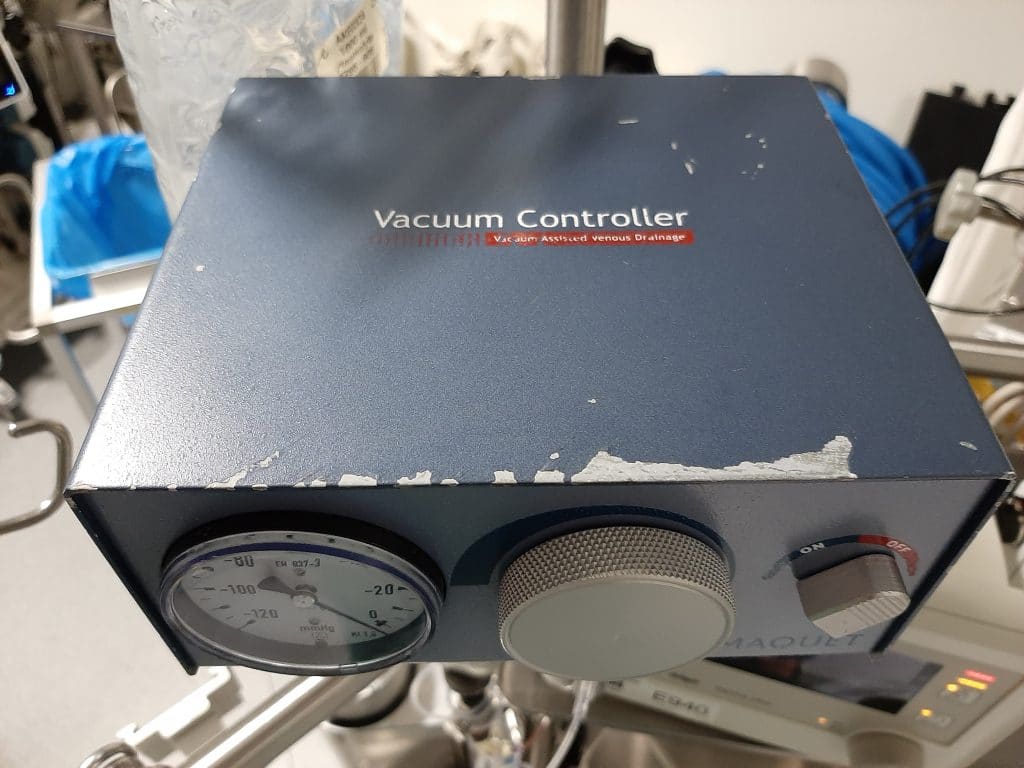Hematic Antegrade Repriming: A Reproducible Method to Decrease the Cardiopulmonary Bypass Insult

The current practice of cardiopulmonary bypass (CPB) requires a preoperative priming of the circuit that is frequently performed with crystalloid solutions. Crystalloid priming avoids massive embolism but is unable to eliminate all microbubbles contained in the circuit. In addition, it causes a sudden hemodilution which is correlated with transfusion requirements and an increased risk of cognitive impairment. Several repriming techniques using autologous blood, collectively termed retrograde autologous priming (RAP), have been demonstrated to reduce the hemodilutional impact of CPB. However, the current heterogeneity in the practice of RAP limits its evidence and benefits. Here, we describe hematic antegrade repriming as an easy and reliable method that could be applied with any circuit in the market to decrease transfusion requirements, emboli, and inflammatory responses, reducing costs and the impact of CPB on postoperative recovery.
